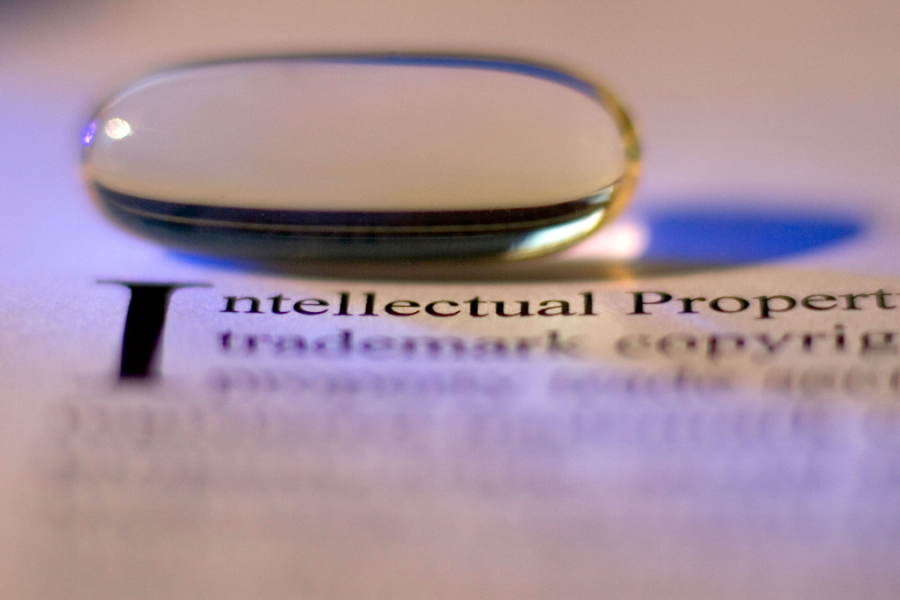With patents, Nokia and Ericsson batter phone makers with sales bans
Nokia has managed in recent days to convince a German court to ban the sale of Oppo smartphones in that country. And, separately, Ericsson has managed to convince a Colombian court to ban the sale of Apple phones in that country.
The developments help to highlight the efforts by Nokia and Ericsson to ink new and profitable 5G patent licensing agreements across the world. Both companies have recently seen a dip in their patent licensing revenues, and both have suggested their pursuit of new agreements for 5G patents will help reverse that situation.
However, they’re certainly facing stiff resistance. For example, as reported by Foss Patents, Apple has been taking some relatively extraordinary legal steps lately to fight back against Ericsson’s patent attack. The publication noted that Apple, shortly after the ruling in Colombia, submitted an emergency petition in Texas for damages against Ericsson, in an attempt to deter Ericsson from pursuing the Colombian ban. And, separately, Apple filed its first-ever lawsuit asserting standards-essential patents (SEPs), in a German court. The lawsuit, against Ericsson, is based on a patent Apple acquired from Intel, and essentially represents leverage Apple could use against Ericsson in the two companies’ ongoing patent licensing battle.
At issue are billions of dollars in patent licensing fees. Nokia and Ericsson both played lead roles in the development of the 5G standard, and now they’re looking to get licensing revenues from other companies – like Apple and Oppo – that are building phones that allegedly make use of those patents.
Ericsson reported around $130 million in its most recent quarter from patent licensing, but warned that the figure was “affected by several expiring patent license agreements pending renewal and by 5G license negotiations.”
“We are confident in our strong 5G position and leading patent portfolio, positioning us well to conclude pending and future license renewals,” Ericsson said in its earnings release.
Nokia too said it’s “confident in the strength of the patent portfolio.” But the company noted that licensing revenues in its most recent quarter were lower than expected due to “the timing impact of licensing agreement renewals.”
Nokia scored a patent agreement with China’s Lenovo last year, but has so far sued China’s Oppo in 11 different countries, according to the South China Morning Post.
To read the complete article, visit Light Reading.

















